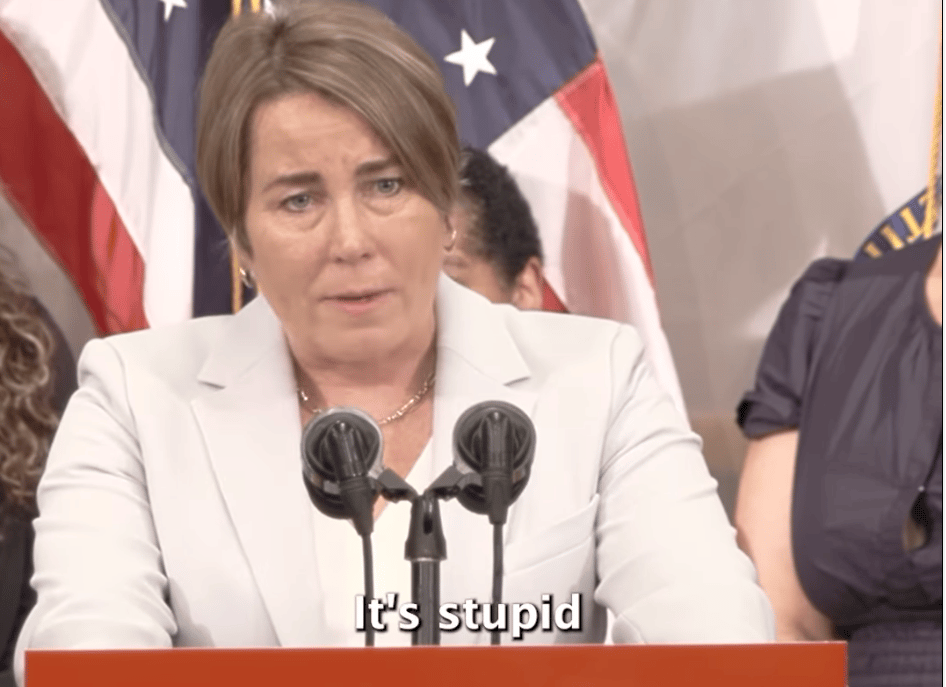The Battle for Academic Freedom: How Political Interference Threatens Higher Education
6/2/20254 min read


The Battle for Academic Freedom: How Political Interference Threatens Higher Education
Introduction
In the ever-evolving landscape of higher education, the pursuit of knowledge and the nurturing of intellectual freedom have long been cornerstones of academic institutions. However, recent political maneuvers have cast a shadow over these principles, sparking a heated debate about the role of government in shaping educational policies. Massachusetts Governor Maura Healey's pointed critique of the Trump administration's actions towards Harvard University is a stark reminder of the tensions between political influence and academic autonomy. As we delve into this issue, we must consider how such interference not only jeopardizes the independence of universities but also impacts the broader social values that underpin education.
The Core Issue: Political Interference in Academia
Governor Healey's remarks, highlighted in a recent X post, underscore a growing concern: the Trump administration's attempts to dictate who universities can admit, what they can teach, and whom they can hire. This interference, she argues, is not just "dumb" and "stupid" but fundamentally detrimental to America's competitive edge in global education and research. The administration's freeze on over $2.3 billion in federal funding to Harvard, aimed at addressing issues like racial discrimination and campus protests, exemplifies a broader strategy to leverage financial power to enforce political agendas.
This is not an isolated incident. The Trump administration's executive orders and policy shifts have been part of a larger pattern of political interference in higher education. A joint statement from over 200 university presidents accused the administration of undermining academic freedom, a sentiment echoed by the American Association of University Professors (AAUP). Such actions raise critical questions about the balance between government oversight and institutional autonomy, a balance that is essential for fostering an environment where diverse ideas can flourish.
The Impact on Academic Influence
The implications of this interference extend far beyond the halls of Harvard. Universities are not just centers of learning; they are engines of innovation, research, and social progress. When political agendas overshadow academic priorities, the ripple effects can be profound. International students and researchers, drawn to the U.S. for its reputation as a hub of intellectual freedom, may reconsider their choices, opting instead for institutions in Canada, Europe, or other regions where academic independence is less threatened. This shift could diminish America's standing in the global education landscape, where competition is fierce and the stakes are high.
Moreover, the chilling effect on faculty and students cannot be understated. When universities are pressured to align with political directives, the freedom to explore controversial topics, challenge prevailing norms, and engage in critical discourse is at risk. This is particularly alarming in a world where complex global challenges demand interdisciplinary collaboration and unfettered intellectual inquiry. The loss of academic influence could stifle innovation, hinder scientific advancement, and ultimately undermine the social values that education is meant to uphold.
A Broader Context: The Global Competition for Talent
The debate over academic influence is set against the backdrop of intense global competition for talent and knowledge. Higher education institutions are increasingly seen as producers of "positional goods," offering access to social prestige and economic opportunity. Research universities, in particular, strive to maximize their status through student selectivity and research performance. However, political interference disrupts this delicate ecosystem, potentially driving talent away from American institutions.
Consider the dynamics of national and global competition in higher education. While national policies can shape educational priorities, they must not compromise the global appeal of American universities. The Trump administration's actions, by creating uncertainty and eroding trust, risk alienating the very individuals and institutions that drive America's intellectual and economic prosperity. This is a lose-lose scenario, where both the nation and its universities suffer.
The Role of Social Values in Education
At the heart of this issue lies a fundamental question about social values: What do we prioritize in our educational systems? Is it the pursuit of knowledge for its own sake, or the alignment with political ideologies? The tension between these priorities is not new, but it has been exacerbated by recent events. Education, as a social value, should be a space where diverse perspectives are welcomed, where critical thinking is encouraged, and where the future leaders of society are prepared to navigate complex challenges.
The interference in academic institutions threatens to undermine these values. It suggests a model of education that is less about fostering independent thought and more about conformity to state directives. This model is antithetical to the principles of democracy and intellectual freedom that have long defined American higher education. As we reflect on this, we must ask ourselves: Are we willing to sacrifice these core values for short-term political gains?
Conclusion: A Call to Action
The battle for academic freedom is far from over. It is a reminder that the social values we hold dear—diversity, critical thinking, and intellectual independence—are fragile and require constant vigilance. As readers, we must engage with these issues, question the motives behind political interference, and advocate for the autonomy of our educational institutions. The future of higher education, and indeed the future of our society, depends on it.
Thought Questions
How can we balance the need for government oversight with the imperative of academic freedom?
What are the long-term consequences of political interference in higher education for America's global competitiveness?
How can students, faculty, and citizens work together to protect the social values that underpin our educational systems?
By addressing these questions, we can begin to chart a path forward that honors the principles of education while navigating the complexities of political influence. The stakes are high, but so too is the potential for positive change. Let us rise to the challenge.
hello@boncopia.com
+13286036419
© 2025. All rights reserved.